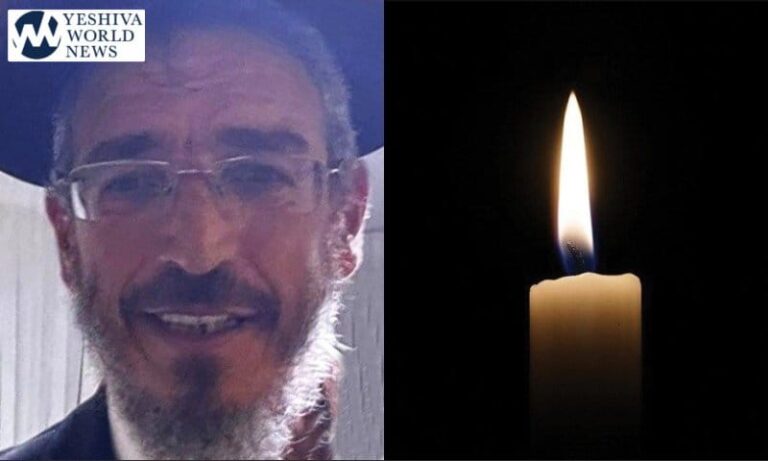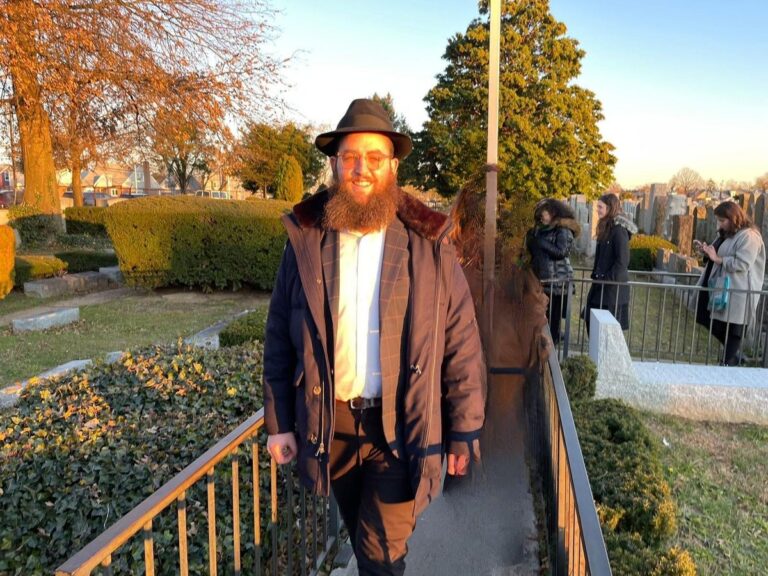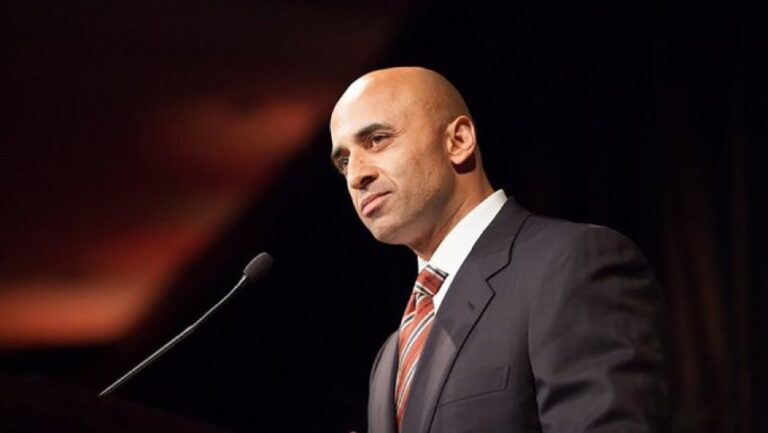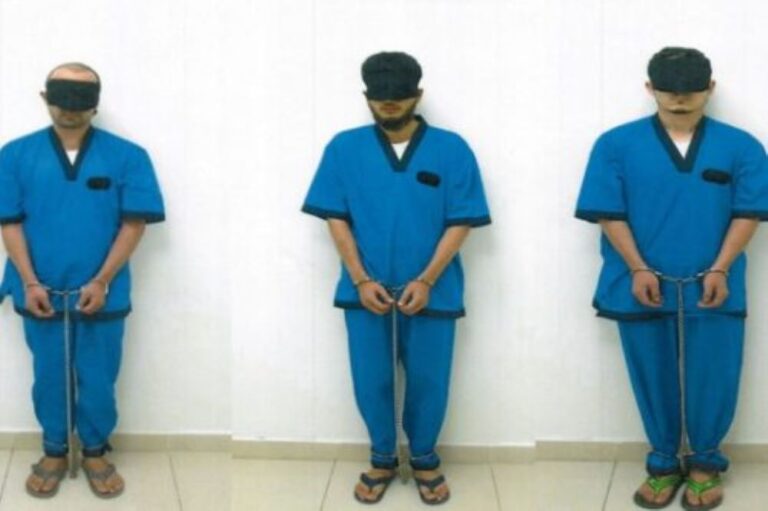 A look at the murder case stemming from the 1979 disappearance of Etan Patz, which helped catalyze a national missing-children’s movement:
A look at the murder case stemming from the 1979 disappearance of Etan Patz, which helped catalyze a national missing-children’s movement:
___
THE CASE
Six-year-old Etan Patz was walking to his Manhattan school bus stop alone for the first time when he vanished on May 25, 1979; the anniversary is now National Missing Children’s Day. His body has never been found, but his family had him legally declared dead in 2001.
The investigation stretched across decades and continents before police announced that Pedro Hernandez had confessed in May 2012. He worked at a convenience store in Etan’s neighborhood but was never a suspect until police got a tip shortly before his arrest.
Hernandez, 53, of Maple Shade, New Jersey, has pleaded not guilty.
___
THE PROSECUTION
Prosecutors’ case appears to center on Hernandez’s confessions to police and prosecutors, plus statements they say he made to a friend, his ex-wife and a church prayer group in the 1980s about having harmed a child in New York. The prosecution team, led by veteran Manhattan Assistant District Attorney Joan Illuzzi-Orbon, hasn’t alluded to any physical evidence against Hernandez, and his defense has said there is none.
In his video-recorded confessions, Hernandez tranquilly recounts offering soda to entice Etan into the convenience store basement and choking him. He says he put the still-living boy into a plastic bag, boxed up the bag and left it on a street.
Prosecutors call the confessions credible, and Manhattan state Supreme Court Justice Maxwell Wiley ruled they could be used at trial. The decision followed a weekslong hearing on whether Hernandez was properly advised of his rights to stay silent and mentally capable of understanding them.
___
THE DEFENSE
Hernandez’s defense maintains his confessions are the false imaginings of a man who has an IQ in the lowest 2 percent of the population and has problems discerning reality from fiction. He has taken anti-psychotic medication for years and has been diagnosed with schizotypal personality disorder; characteristics include social isolation and odd beliefs. The defense — led by Harvey Fishbein, an attorney known for representing mentally ill murder defendants — and prosecutors differ on the extent and implications of Hernandez’s mental problems.
The defense may ask the jury to consider that police questioned Hernandez for more than six hours before reading him his rights and turning on recorders.
The defense also wants jurors to hear about longtime suspect Jose Ramos, a convicted Pennsylvania child molester. A civil court declared Ramos responsible for Etan’s death after he rebuffed questioning, but he was never criminally charged and has denied involvement. Ramos has refused to testify at Hernandez’s trial, saying he’d invoke his rights against self-incrimination, but some evidence about the investigation into Ramos will be allowed.
___
WHAT’S NEXT
Jury selection is scheduled to start Monday.
(AP)











2 Responses
He is probably a demented mind who doesn’t remember who he killed and where he buried them.
It looks like the cops picked up a weirdo that they could accuse of murder, badgered him into saying what they wanted to hear, and connected it to some extraneous details in his past. It could be that this guy has done bad things, but there really isn’t anything here to establish culpability.